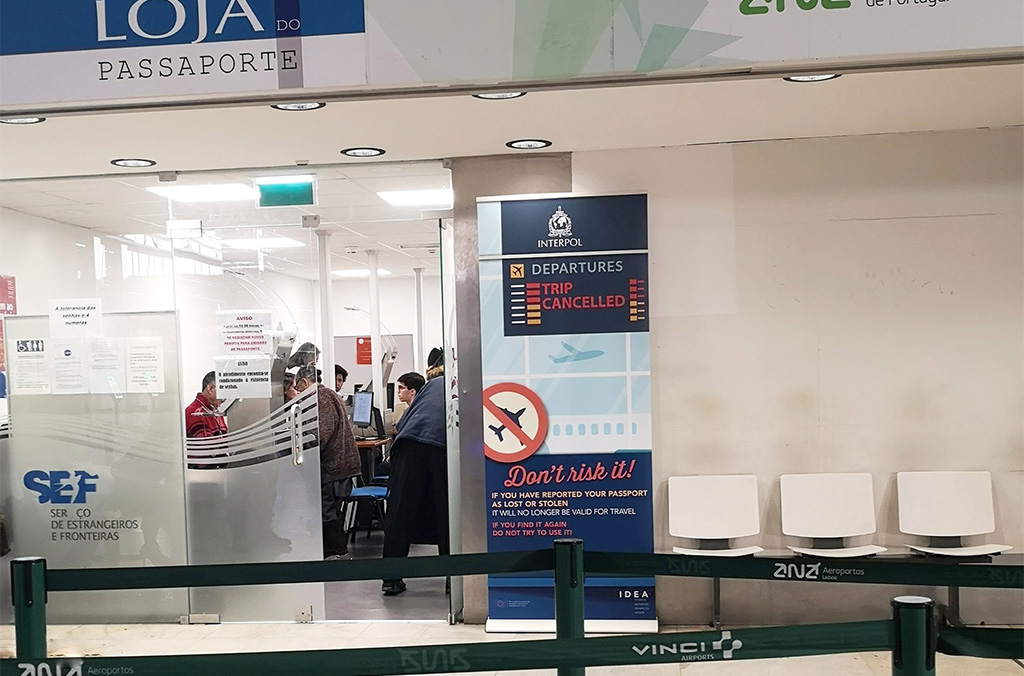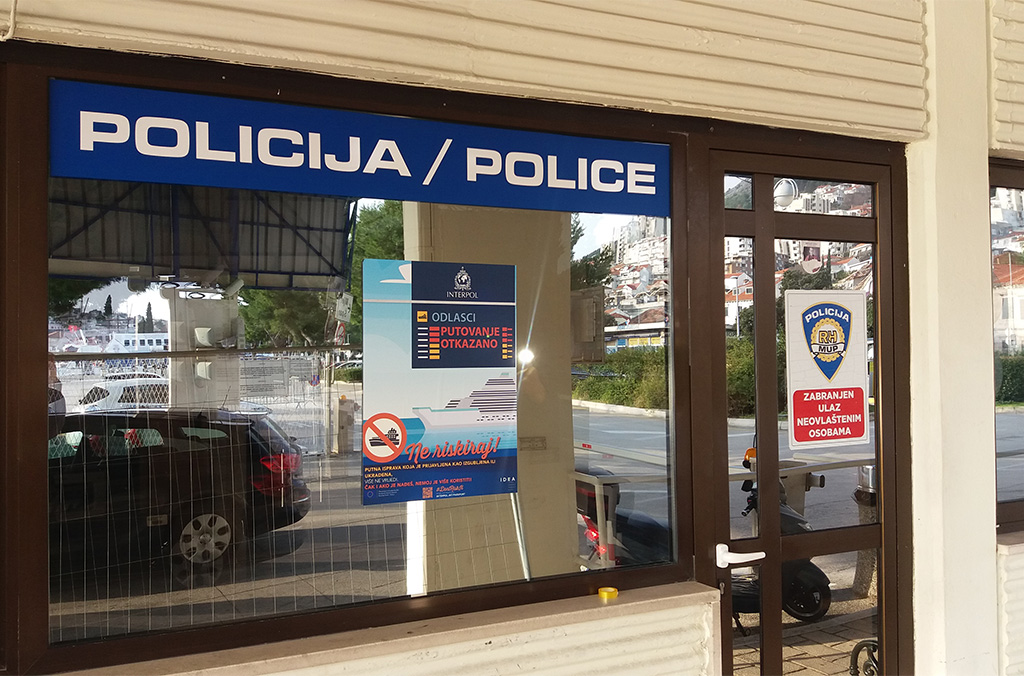Donor: European Commission
Timeframe: February 2019 - April 2022
Budget: EUR 2 million
This project has ended.
An INTERPOL I.D.E.A. for a more secure Europe
Project IDEA contributed to European integrated border management by enabling European Union member states to carry out systematic checks against INTERPOL databases during border control procedures.
In this way, the project helped counter serious crime with a cross-border dimension, such as terrorism, foreign terrorist fighters or human trafficking, and reinforced internal security within the EU.
Strengthening border security
Project IDEA assisted EU member states to secure their borders in three main ways:
- strengthening their technical infrastructure and migrating to the latest versions of INTERPOL systems;
- training border police officers to use INTERPOL databases during travel document checks;
- promoting close cooperation between border police authorities and INTERPOL National Central Bureaus (NCBs) in the European Union.
INTERPOL provides a number of technical services and databases to its member countries. In particular, the SLTD database (travel and identity documents) can help detect criminals trying to cross borders illegitimately.
Law enforcement officers at frontline locations around the world can scan a travel document against the SLTD database in real time to check its validity, then take any follow-up action that may be necessary.
Improving processes and standards
The technical aspect of the project encompassed a number of workshops, advisory groups and exchange visits among EU member states. These contributed to the improvement of processes and standard operating procedures (SOPs) related to the use of INTERPOL’s databases by law enforcement and border police authorities.
In particular, Project IDEA conducted large-scale events, such as the European SLTD Advisory Group meetings, which brought together criminal police and border police officials from EU member states to develop a coherent approach to using INTERPOL databases at borders.
This activity was of the greatest importance, given that around 95% of the total searches against INTERPOL databases are performed by border police.
Transforming the technology for database access and search
Project IDEA coordinated the development of a new version of INTERPOL’s technical solution known as FIND, through which frontline officers can connect in real-time to our global databases.
The software resulting from this major technical initiative provides a more integrated and powerful data access and search function and:
- gives frontline officers a unified technical way to search against INTERPOL’s multiple databases;
- improves search performance and results;
- increases the interoperability between national and international systems;
- facilitates access to INTERPOL databases from mobile devices.
Ultimately, the implementation of this new version of FIND will increase the security of EU borders.
Key facts and results
- All EU member states participated in the project’s major events and received regular technical and business advice from the team;
- Selected EU member states received IT infrastructure and software development assistance;
- More than 200 law enforcement and border officers from EU member states took part in Project IDEA activities (conferences, workshops and training exercises);
- 24 recommendations were adopted by the SLTD Advisory Group;
- 11 assessment and follow-up visits were conducted in EU member states, with activities transferred to an online format to adapt to COVID-19 travel restrictions;
- #DontRiskIt, Project IDEA’s public awareness campaign, was conducted in many EU international airports and promoted on police social media channels and in the wider media.
Protecting passengers
Project IDEA raised awareness among the general public of the importance of keeping their ID and travel documents safe. Read more about the #DontRiskIt campaign, which explains why travel documents are so valuable and why you should report their loss or theft immediately.
Stolen and lost passports are of immense value to fugitives and terrorists as they can use them to cross borders undetected. In several major terrorist attacks in recent decades, the perpetrators had travelled internationally using invalid passports to conceal their identity.
Once a passport or ID document has been reported as lost or stolen, it should not be used for travel. Even if you find your lost travel document again, do not attempt to travel on it. You could find yourself denied boarding and run the risk of identity theft.
E-learning course on INTERPOL policing capabilities for first line border police officers
EU support
This project was funded by the European Union’s Internal Security Fund – Police.
The content of this page represents the views of the author only and is his/her sole responsibility. The European Commission does not accept any responsibility for use that may be made of the information it contains.
Related documents








